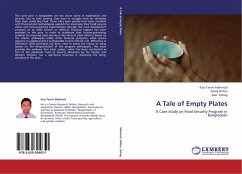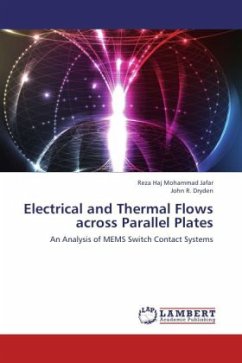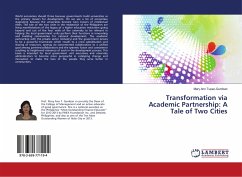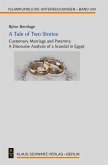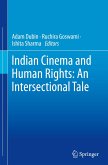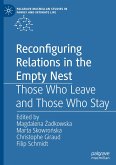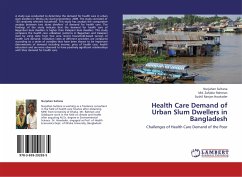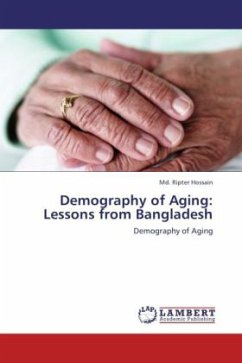The rural poor in Bangladesh are the worst victim of exploitation and poverty. Due to their poverty, they have to struggle hard for satisfying their basic needs like food. These ultra poor people have been provided with financial and technological supports for improving their food security status and income-earning opportunities through the rural development program of an NGO known as MACCA . Financial support has been provided to the poor in order to accelerate their income-generating activities for ensuring food security in the form of zakat which is based on the Islamic philosophy. Unlike other financial programs, zakat system requires no collateral and it is obtainable at zero interest rate. Difference in Difference (DiD) technique has been used to assess the impact of zakat system on the living-standard of the program participants. This book provides the evidence that zakat system, which has been overlooked as one of the important tools of poverty alleviation by the Muslim and Western thinkers, has a significant potential in improving the living-standard of the poor.
Bitte wählen Sie Ihr Anliegen aus.
Rechnungen
Retourenschein anfordern
Bestellstatus
Storno

